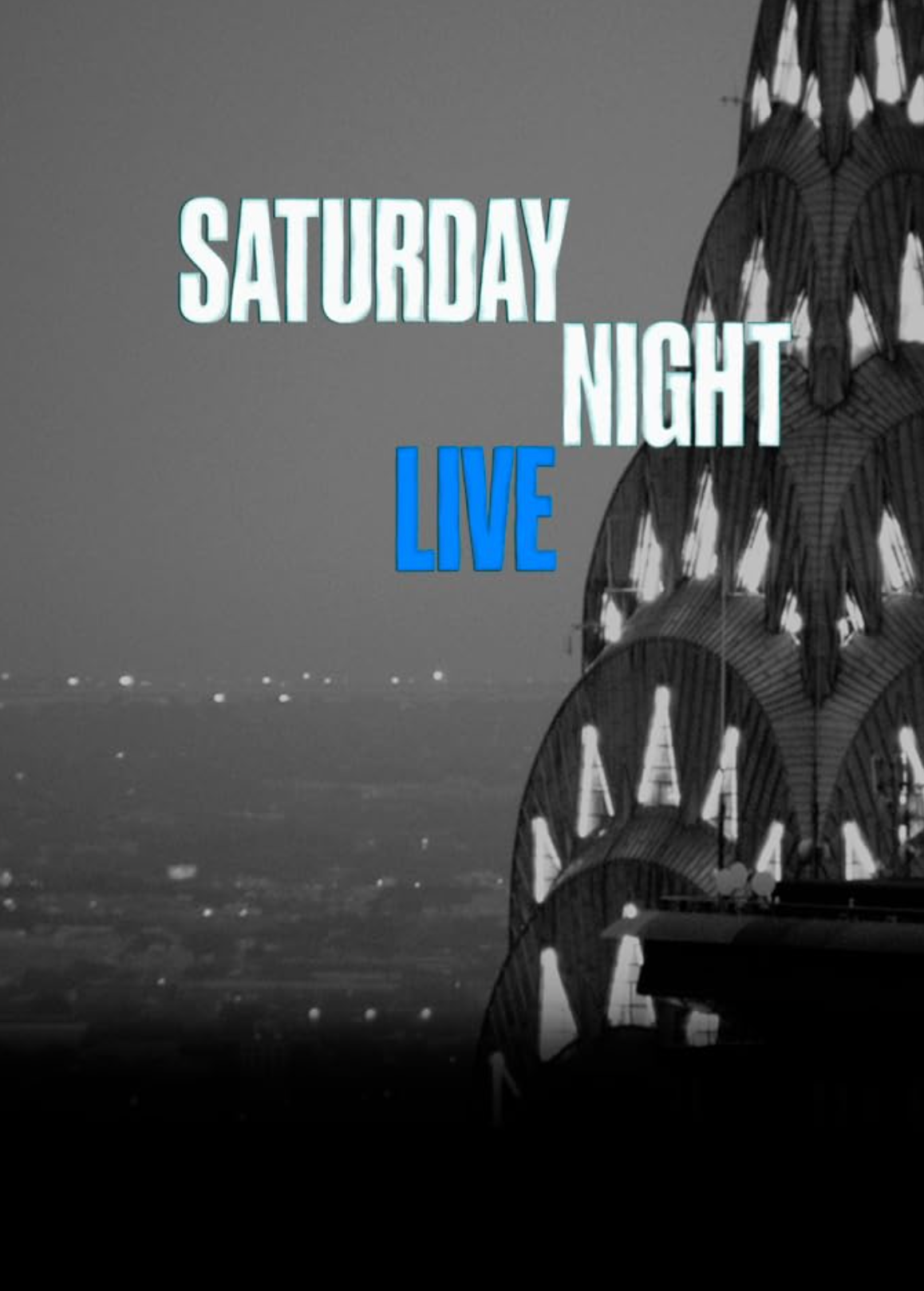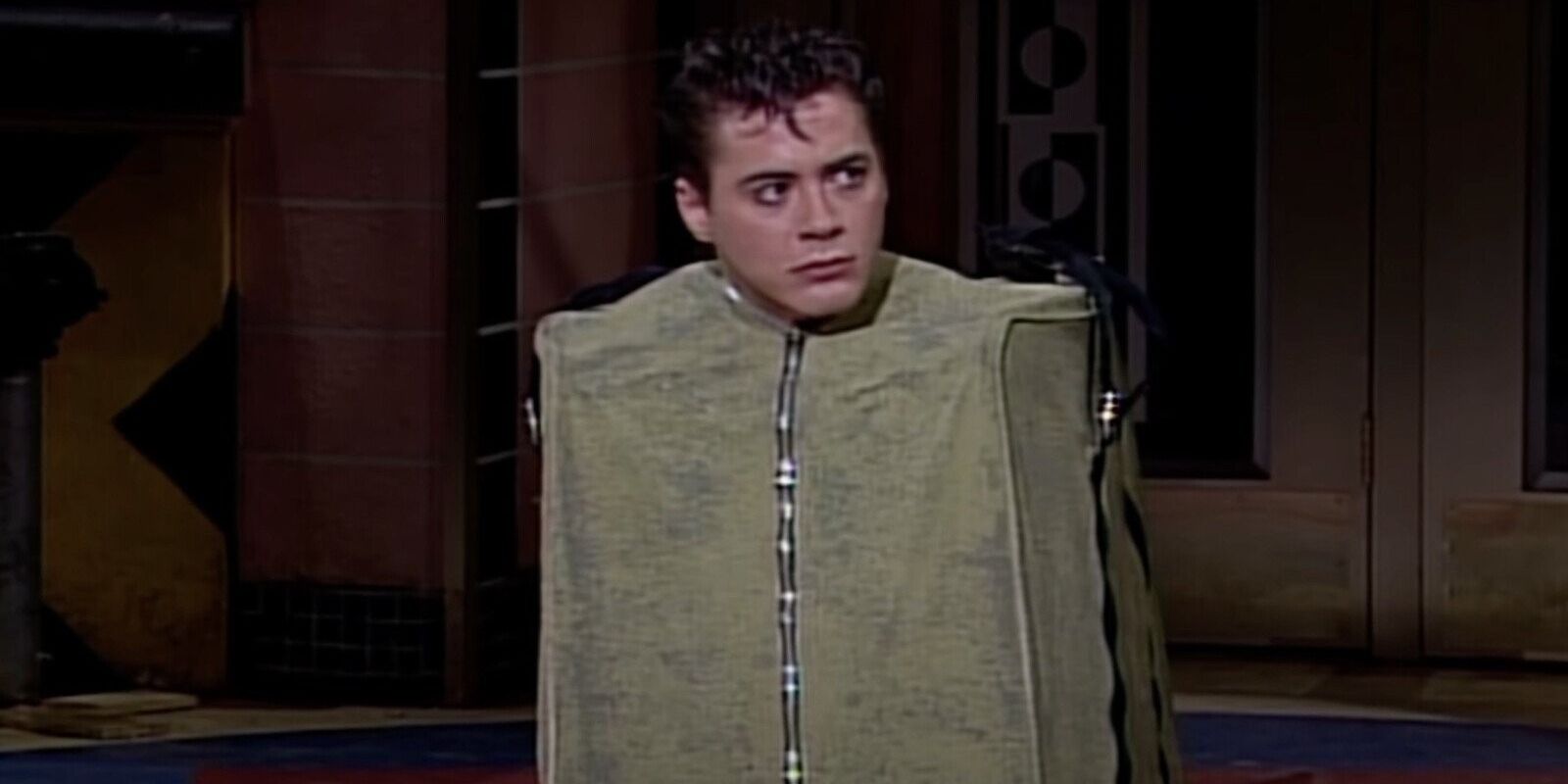The Big Picture
- Saturday Night Live launched careers for comedic actors like Bill Murray and helped mold young talent.
- Robert Downey Jr. had a brief, unsuccessful stint on SNL due to his discomfort with sketch comedy.
- Despite being fired from SNL, Downey Jr.'s career would later flourish, leading to an Academy Award win in 2024.
Despite nearly fifty years passing since the program’s initial debut on NBC, Saturday Night Live remains one of the most popular broadcast comedy shows on television. Even in an era where sketch comedy risks being irrelevant, as it's often replaced by viral videos, Saturday Night Live has shown an unparalleled ability to identify young talent and bolster their careers. Legendary comedic actors like Bill Murray molded their personalities on the show, while recent seasons have led to rising stars like Will Forte and Kate McKinnon. But there may not be a more surprising SNL alum than Robert Downey Jr., a newly minted Academy Award winner who effectively launched the modern “superhero era” when he was cast as Tony Stark in 2008’s Iron Man. While his brief guest stint was an important moment in his career, Downey Jr. did not have a pleasant experience on Saturday Night Live, and was fired after only appearing in one season.

Saturday Night Live
A famous guest host stars in parodies and sketches created by the cast of this witty show.
- Release Date
- October 11, 1975
- Main Genre
- Comedy
- Seasons
- 49
- Studio
- NBC
- Producer
- Lorne Michaels
When Was Robert Downey Jr. Cast on ‘Saturday Night Live?'
Within its first few seasons, Saturday Night Live proved to be an effective instrument for launching potential movie stars. Cast members like Murray, Chase, and Jane Curtin had come to dominate the 1980s box office, with alumni like Dan Aykroyd and Jim Belushi even taking their Saturday Night Live personas to the big screen with the comedy The Blues Brothers. The main issue that producer Lorne Michaels faced was that his stars would begin to leave the show once they became widely recognized; this forced him to constantly replenish the series with new talent. Although the success of Eddie Murphy in the show’s 1980-1981 season helped bolster his enthusiasm, Michaels temporarily left the show in 1984 to pursue his own Hollywood career. It was evident that if Michaels were to return, he would want much more creative control than he had previously been granted.
While producer Dick Ebersol was considered a suitable replacement for Michaels considering his established track record in the industry, his style of comedy veered too heavily on pre-recorded sketches and often ignored the “live” aspect that had established the show as being so unique in the first place. While he was eventually brought back to the show for its 1980-1984 season, Michaels decided to use Ebersol’s idea of populating the cast with established names. Michaels theorized that a younger, more well-known collection of stars would attract the younger viewing audience that had enjoyed seeing themselves represented on the big screen in John Hughes movies.
Michaels assembled an impressive cast for Saturday Night Live’s eighth season, including many icons that would become highly influential within the industry in the coming years. Among his new cast included future Academy Award nominee Joan Cusack, The Breakfast Club star Anthony Michael Hall, the comedian Jon Lovitz, and Academy Award nominee Randy Quaid. Given his inherent charisma and burgeoning film career, Downey Jr. was considered one of Saturday Night Live’s major drawing factors; it was possible that he could launch a subsequent career that was as successful as Murray’s.
Why Was Robert Downey Jr. Fired From ‘SNL?'
Unlike many Saturday Night Live cast members, who joined the program with little to no real experience in the industry before joining the program, Downey Jr. became an established comedy star in the mid-1980s. While his ambition was clearly to continue appearing in films, Downey Jr. never felt comfortable with the anarchic style of humor that Saturday Night Live epitomized. He would later admit that he “was not somebody who was going to do impressions” and “was very ill-suited for rapid-fire sketch comedy.” Downey Jr.’s best work came when he could take the time to invest in a character, which became challenging on Saturday Night Live when he was asked to play multiple new characters on a weekly basis.
Downey Jr. admitted to having a miserable time on Saturday Night Live due to his lack of experience in improv comedy; he had come from a film background and struggled to produce meaningful chemistry with cast members like Hall and Quaid. He, unfortunately, wasn’t the only person who was uncomfortable with the show’s new direction, as longtime viewers referred to Saturday Night Live’s eighth season as its worst ever. Unlike earlier sketches, which generally revolved around a centralized joke, bits in the eighth season involved Downey Jr. playing caricatures that subsequently failed to connect with the audience.
Some of Downey Jr.’s ideas, including a sketch about the character “Suitcase Boy,” were met with such negative reception by Saturday Night Live’s creatives that they never made it to air. Saturday Night Live’s rating fell to an all-time low in its eighth season, sparking serious concerns about its longevity. Michaels acted swiftly and decided to fire nearly the entire cast in the immediate aftermath of the season’s finale in 1986. It was arguably a decision that saved the show; Saturday Night Live managed to retain its former glory in the 1990s, with many films based on key sketches becoming box office hits.
‘SNL’ Reshaped Robert Downey Jr.’s Career
Although being fired from one of the most successful comedy shows of all time was certainly an embarrassing experience, Downey Jr.’s career faced very few negative consequences after Saturday Night Live. In the immediate aftermath, he was unofficially heralded as a new member of “The Brat Pack,” and appeared in teen comedies like Back to School, Weird Science, and The Pick-up Artist. It was evident that Downey Jr. could be a strong comedic actor if allowed to spend time with a character.
While he hasn’t looked back fondly on the experience, Saturday Night Live arguably served as an important shift in Downey Jr.’s career, allowing him to pursue more ambitious projects in the subsequent decade. 1992 would see him playing his comedic idol, Charlie Chaplin, in an acclaimed biopic from director Richard Attenborough that earned him his first Academy Award nomination for Best Actor — although he wouldn't win his first Oscar until 2024 for his performance in Christopher Nolan's Oppenheimer, effectively becoming the first SNL cast member to take home an Academy Award.
Saturday Night Live is available to stream on Peacock in the U.S.


